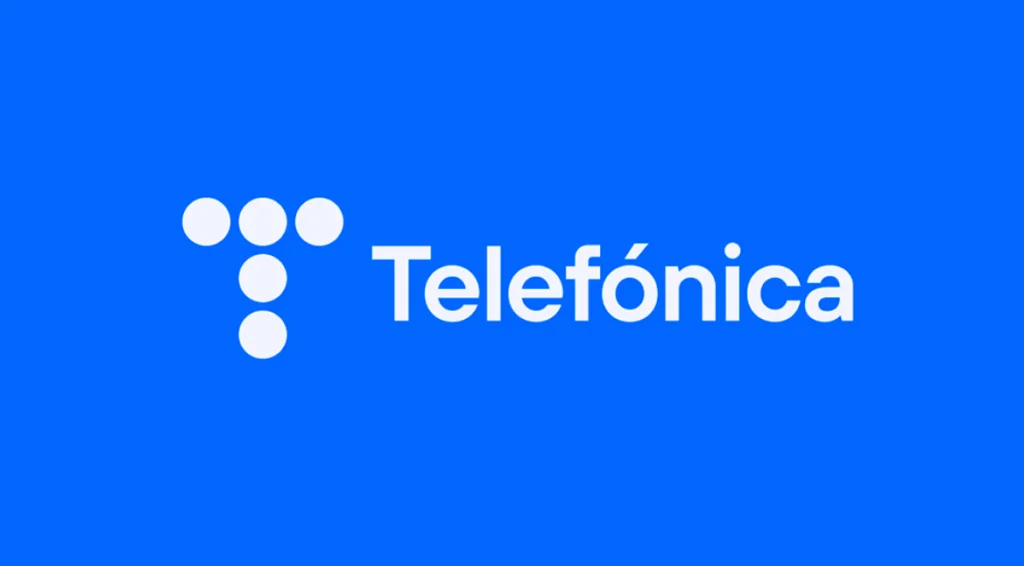Telefónica, the leading telecommunications company in Spain, has recently declared a partnership with Chainlink, a Web3 oracle provider, to fortify vulnerabilities against SIM swaps, a prevalent method exploited by malicious actors to infiltrate their intended targets.

Telefónica announced on February 15 that the strategic partnership between the two organizations will “enable the secure connection” of smart contracts to additional GSMA Open Gateway APIs. The integration enables Chainlink and a framework of common network APIs intended to grant access to operator networks to verify data from various sources.
A SIM swap attack is a form of identity theft in which hackers obtain access to sensitive data such as cryptocurrency accounts, credit card numbers, or bank account credentials by assuming control of their victim’s mobile phone number.
Large organizations, including the United States Securities and Exchange Commission (SEC), have been susceptible to this pervasive and effective attack method.
According to Telefónica, the integration adds layer of security to blockchain transactions. It improves transaction security by allowing smart contracts to communicate information requests through the application programming interface (API). This guarantees that the SIM card of the device “has not been modified without authorization.”
Chief Metaverse Officer of Telefónica Yaiza Rubio Viñuela described this as the “first use case” of the GSMA Open Gateway SIM Swap API, establishing the organization as a “Web3 enabler.” Furthermore, she stated that this will empower Telefónica to collaborate with developers as the sector enters the “web of the future.”
This is not the initial foray into the Web3 domain by Telefónica. The Madrid-based company enabled Bitcoin, Ether, and additional cryptocurrency payments on its online marketplace Tu in 2022.
This allows users to purchase technological products with their cryptocurrencies. Ahead of the Telefónica Metaverse Day on September 29, 2022, the cryptocurrency exchange Bit2Me declared the integration.
More recently, Telefónica partnered with Nova Labs, the company that developed the Helium Network, to expand coverage in Mexico and reduce infrastructure costs using blockchain technology. Telefónica recently disclosed its intention to utilize Helium’s mobile routers to augment its coverage in Mexico City and Oaxaca as of January 24.
